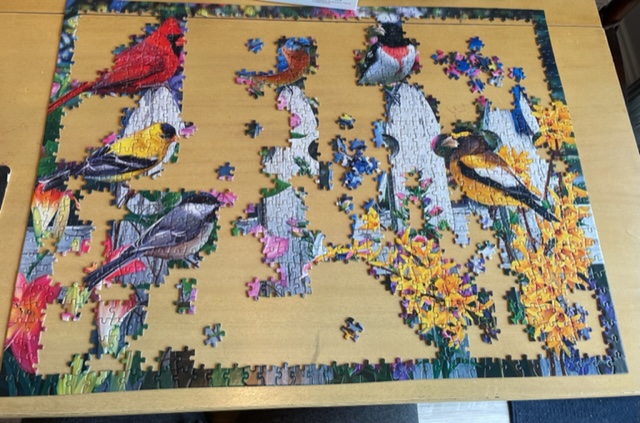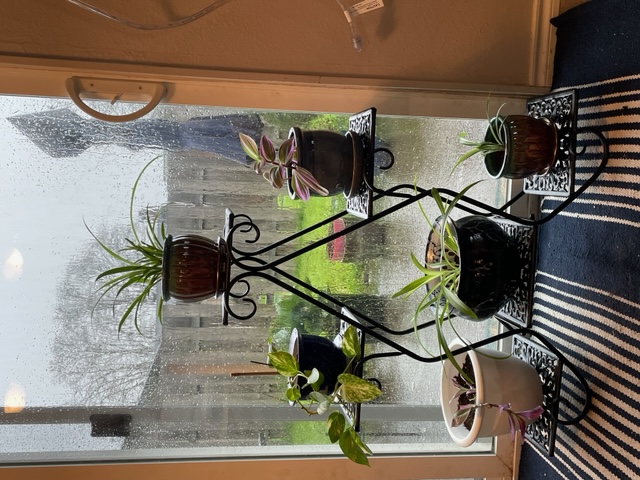
I stopped wearing a watch almost 20 years ago. The one I loved broke and I never found one I liked to replace it with.
It turns out you can live by the clock without wearing one on your wrist – your car probably has one, now you carry a phone that knows what time it is better than you ever could. Banks like to put big clocks on their buildings, probably because their livelihood depends on your timed labor. My friends and supervisors might say that this explains my supposed tardiness, but that’s no different pre-watch or post.
The tyranny of the clock has felt worse in a COVID-dominated world. It was the only thing that seemed to move from one moment to the next for those of us in lock-down. It seemed to be describing so much more time that there used to be in a day, and less to fill it with. Combine that with work that was less about when I started and stopped and more about getting things done on any given day, and evenings that were indistinguishable from work hours, and I was going a bit nuts there for a while.
I started doing puzzles, one right after another. Finally, I’d found something that pulled my attention away from the minutes ticking away, telling me how many I’d used up and how few I might have left to exist in. I measured time by the image taking shape and the ache in my back from being hunched over so long. It helped.
I moved apartments last fall – out of a place near the heart of the city where I used to leave home to work in an office – a beautiful old apartment with hardwood floors, old fixtures and no outdoor space to call my own. The new place has many great features, but the best is the yard. I bought plants and patio furniture and started feeding the birds. I can eat breakfast while watching them every single day. The plants had flowers and leaves, and then they had bare branches. There was an old, neglected rose bush that bloomed once I trimmed and watered it a bit. I planted a tree, hoping for future shade.

When winter came, I started buying indoor plants. I left my old place with four, and now I have more than 30. Caring for them – propagating and trimming and counting new leaves – is more time spent not looking at the clock, watching the slow but steady rewards of time spent focusing on things which don’t respond to minutes and tasks, but seasons and sunlight.
It’s spring now, and I’m watching the trees around me sprout flowers – a magic I never get tired of. I planted new shrubs and cleaned up winter damage, hoping for new life from old. Soon, I’ll be eating outside and wishing someone would come mow the grass.
Two years have crawled like glaciers and yet also seem not to have happened at all. 53 years have passed in fits and starts. There are likely only a few decades left for me, and yet it seems I’ve only just reached adulthood.
Physicists have determined that time moves faster closer to the gravity of an object than farther away. How can we trust any of it? How can it really mean anything, that ticking clock?